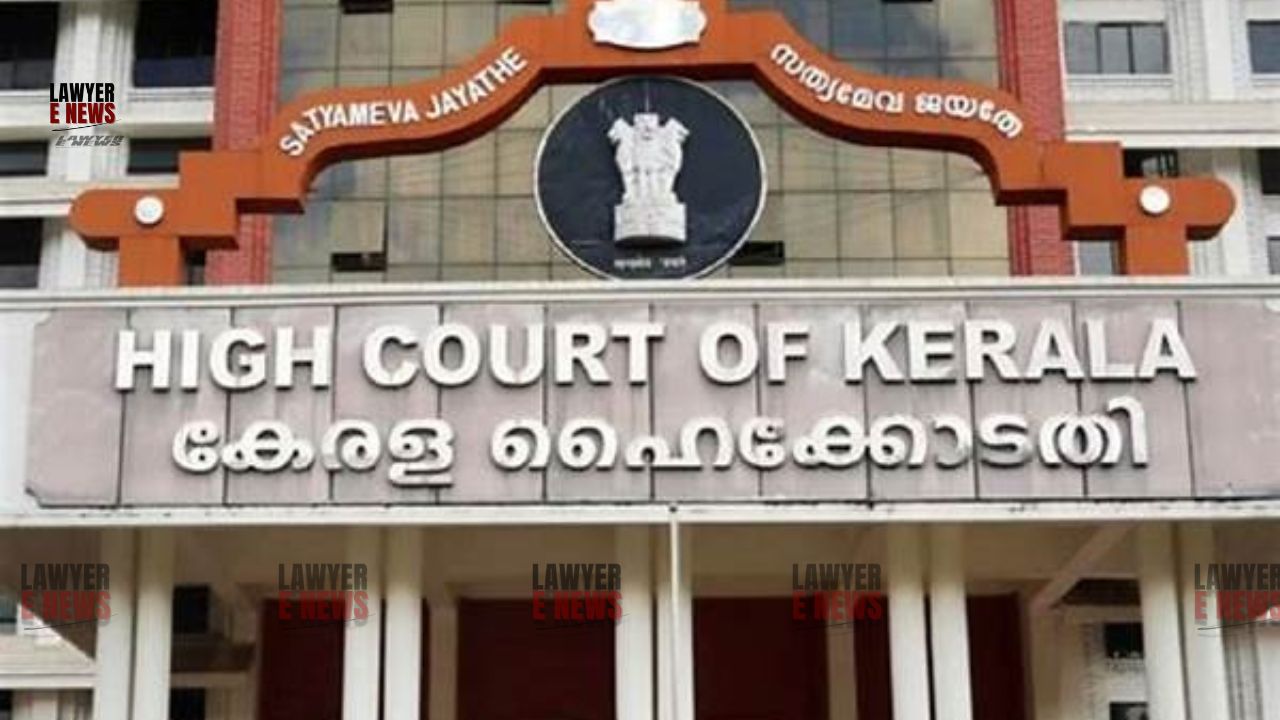-
by Admin
15 February 2026 5:35 AM



The court upheld the Panchayat’s decision to cancel permits for illegal constructions, emphasizing adherence to building regulations. The High Court of Kerala has delivered a significant judgment on a contentious property dispute in Ulikkal Grama Panchayat. The case involved allegations of unauthorized constructions and permit violations. Justice Mohammed Nias C.P., who presided over the matter, underscored the importance of adhering to building permits and the legal ramifications of unauthorized constructions.
The dispute revolved around a property spanning 32.9 cents in Ulikkal Grama Panchayat, initially owned by eight individuals. Over time, parts of this property were transferred to different parties, leading to shared ownership between the original owners and the new assignees. The conflict began when it was alleged that one of the parties converted a designated parking area into a 14-room building without proper authorization. A permit had been granted for this construction on 23.11.2020, but the permit failed to disclose that the construction area was intended for parking, leading the Panchayat to cancel the permit upon discovering the discrepancy.
The court observed that the construction on the parking area, initially permitted on 15.04.2017, was unauthorized and thus illegal. Justice Nias remarked, “The construction effected as per Permit No. BA 321/16-7 dated 15.04.2017 in the parking area of the first permit is held to be illegal and the action of the Panchayat in that regard cancelling the permit and the numbers assigned, cannot be said to be illegal.”
The court noted that attempts were made to mediate the dispute, but they were unsuccessful as one of the parties withdrew from the mediation. Consequently, a civil suit for partition (O.S.No.108/2023) is pending, which will ultimately decide the proprietary rights of the parties involved.
The judgment emphasized the importance of following legal procedures for building constructions and permits. It highlighted that any unauthorized alterations or constructions render the initial permits void. The court directed that any further occupancy or utilization of the building would require regularization through appropriate legal channels.
Justice Nias stated, “The only option available for the person who has put up the building is either to demolish the unauthorized construction or offer a similar parking area.” He further added, “The direction of the Tribunal to treat the application submitted for numbering the building as one for partial occupancy is wrong since the construction as per the first permit has been rendered Illegal by the unlawful construction of its parking area.”
The High Court’s ruling reaffirms the significance of adhering to building regulations and obtaining proper permits. By upholding the Panchayat’s decision to cancel the illegal construction permits, the court has set a precedent for future property disputes. This judgment is expected to have far-reaching implications, reinforcing the necessity for property owners and developers to comply with legal standards to avoid similar conflicts.
Date of Decision: 24th July, 2024
